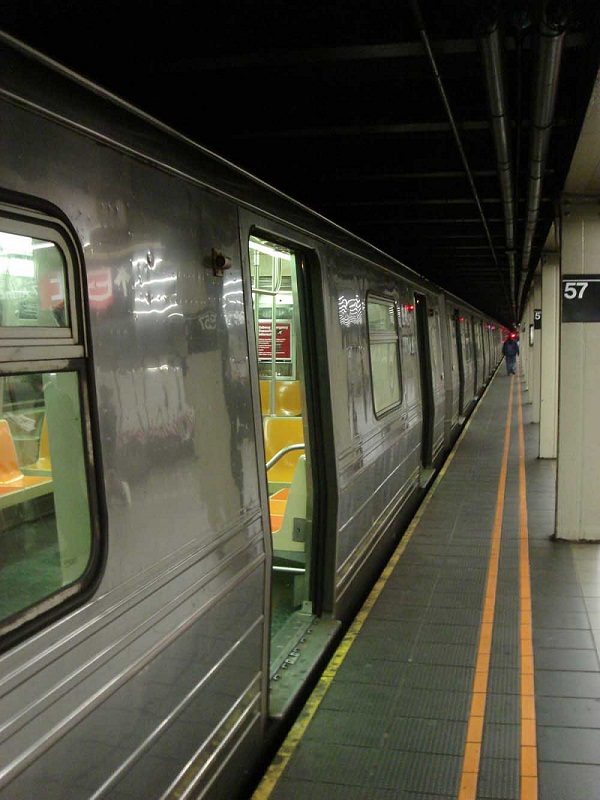Traffic management system for improving energy efficiency in automated driving metros
- C#, C++, Petri nets, Visual Basic for Applications
Home » Success Stories »
Description
This project has created an automatic metro simulator for line 9 of the Barcelona metro, which allows experimentation with different traffic configurations in order to reduce the energy consumption of the line.
Line 9 of the Barcelona metro, with a total planned length of 54 km and 51 stations, is one of the longest automatic metro lines in the world.
The L9 subways have the technology known as ‘regenerative braking’, which consists of generating energy when the train brakes. This energy is transferred to the catenary and can be harnessed by other metros moving in the same electrical zone. If this energy is not harnessed, it is lost. The most important consumption of the metro is in the acceleration stage, therefore, if it is possible to synchronize braking with acceleration, the energy generated in the braking of one metro can be used by the acceleration of another metro, lowering the total consumption of the metro network. The optimizer developed generates timetables that increase synchronization and, therefore, reduce the power consumption of the line.
